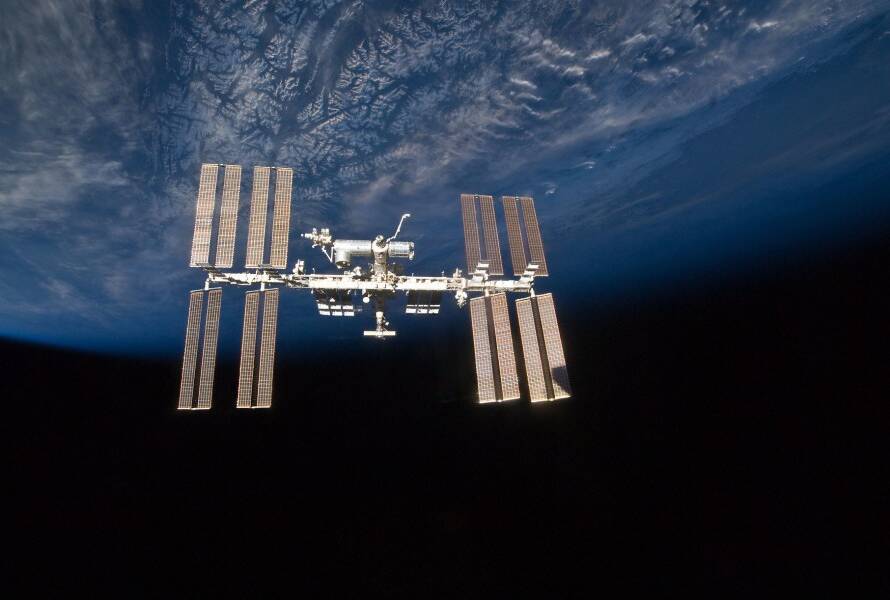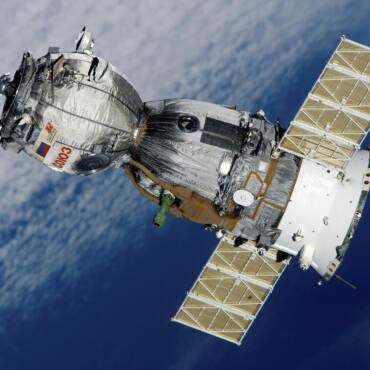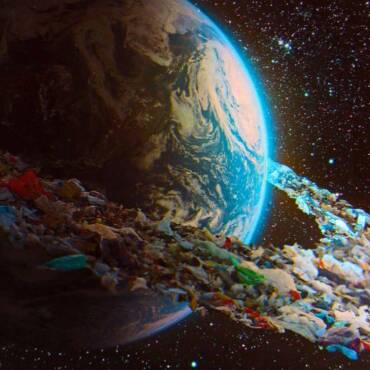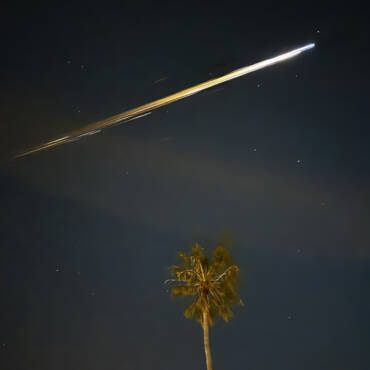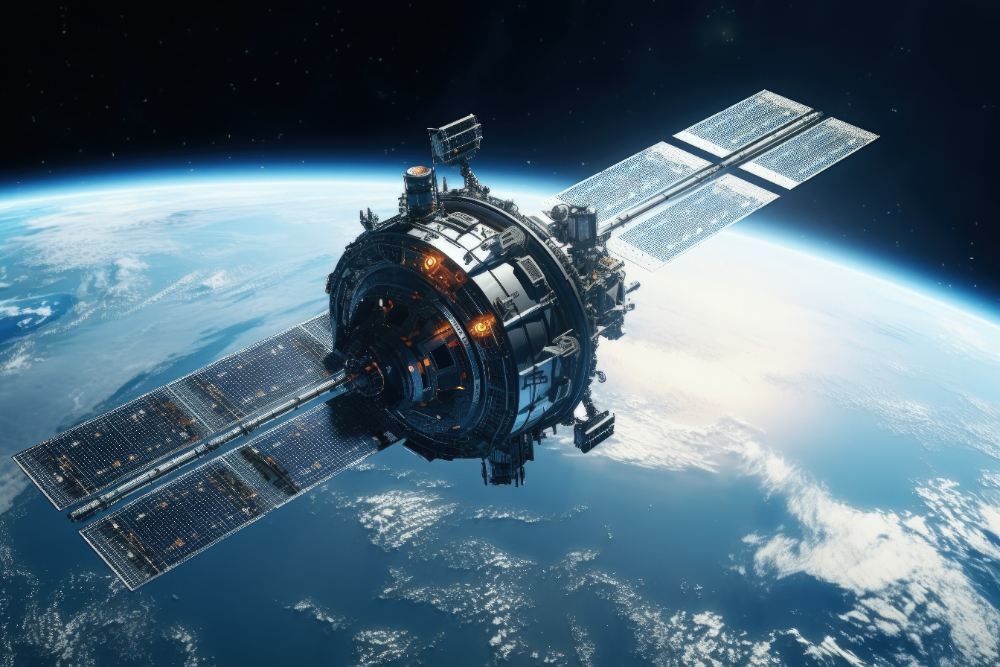
What is Space Debris?
Space debris, or more colloquially known as space junk, is considered to be any human-made object in orbit not serving a useful purpose and typically is a result of space vehicles no longer in service. The objects that fit this classification greatly range in size, from old spacecraft and the rocket stages that launched them to micro-debris like flecks of paint
Are We at the Tipping Point?
Potential Consequences
- Loss of vital services like weather monitoring and communication.
- Economic impact: Estimated annual loss of $86-103 million, with future losses in the tens of billions.
- Threats to human spaceflight.
Swatchakash:
Our Approach to a Clean Space
01
Detect & Track
Strengthening global tracking infrastructure and launching space-based debris tracking satellites.
02
Audit
Developing an audit procedure for space-bound materials, ensuring universal standards.
03
Valuation
04
Outreach
Our Vision for the Future
Swatchakash will initiate global tracking infrastructure, collaborations, and outreach efforts beyond 2025, guided by a detailed execution plan developed in 2024. The period from August 2024 to December 2025 will serve as an incubation phase focused on refining strategies, generating insights, and building expert and institutional partnerships.
From 2026 to 2030, the focus will shift to implementing an action plan as Low Earth Orbit becomes increasingly congested with thousands of small satellites, heightening the risk of space debris. Precision research and knowledge-driven advocacy will play a critical role, addressing the growing need for accurate information, audits, damage forecasts, scenario planning, and public outreach. These efforts will be vital as humanity’s progress becomes ever more dependent on space-based assets and services.

